Ornamo’s Sustainability Advisory Board kicks off
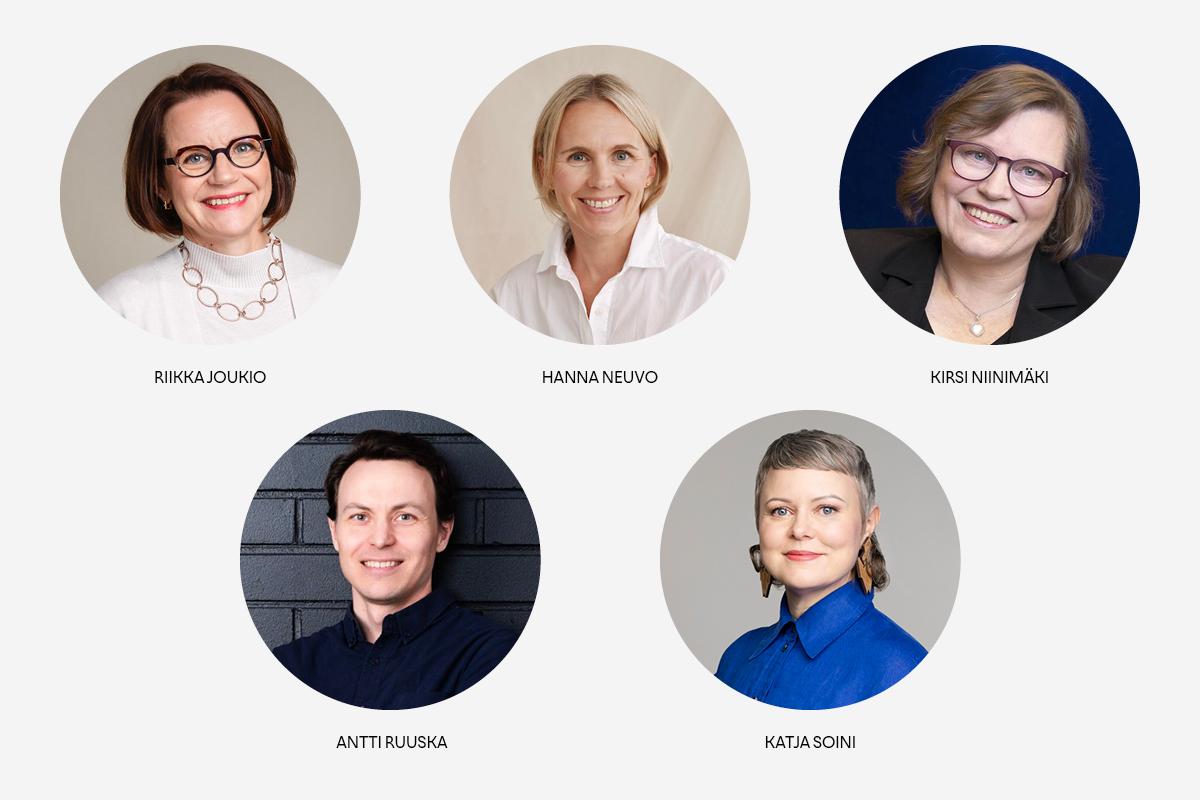
Ornamo is currently enhancing its sustainability commitment with the support of a panel of experts specializing in the built environment and products & services. The Advisory Board commenced its activities in March, offering comprehensive guidance at a systemic level to drive sustainability transitions within the design industry.
The Advisory Board, which guides the design industry’s responsibility work, includes pioneers in their respective fields from both the built environment and products and services.
The group includes Kesko’s EVP of corporate responsibility and public affairs Riikka Joukio, Aalto University’s professor of sustainable fashion Kirsi Niinimäki, FIGBC’s CEO Antti Ruuska and Fyra’s CEO Hanna Neuvo. The group meets four times a year, and it is led by Chair of Ornamo’s board Katja Soini.
The group brings understanding to the design industry’s responsibility work from their own fields. The Advisory Board provides its expertise on the role of design in assessing the sustainability of these industries.
The built environment is one of the so-called key systems that are essential to the future, representing an established operating environment with long life-cycles. The system of consumer products and services, on the other hand, is seasonal, fast cycling and market driven.
The members of the advisory board are experts and visionaries of the system they represent.
“Design is one of the ways we solve significant social challenges”
Design plays a significant role as part of the discussion on responsibility, as up to 80% of decisions related to the life cycle of products are made in the design phase. Soini emphasizes that the design sector’s responsibility work is limited to two central key systems, the built environment and consumer products.
– As design professionals, our sustainability commitment focuses on reversing overconsumption. Finland, renowned as a design-centric society, has historically relied on design as a pivotal driver through various transitional phases. As we now stand on the verge of yet another transformative period, design emerges as a critical creative tool for addressing the most significant social challenge of our time: the sustainability transition, states Soini.
Riikka Joukio
“Responsibility has to be part of everything, and everyone’s doing.”
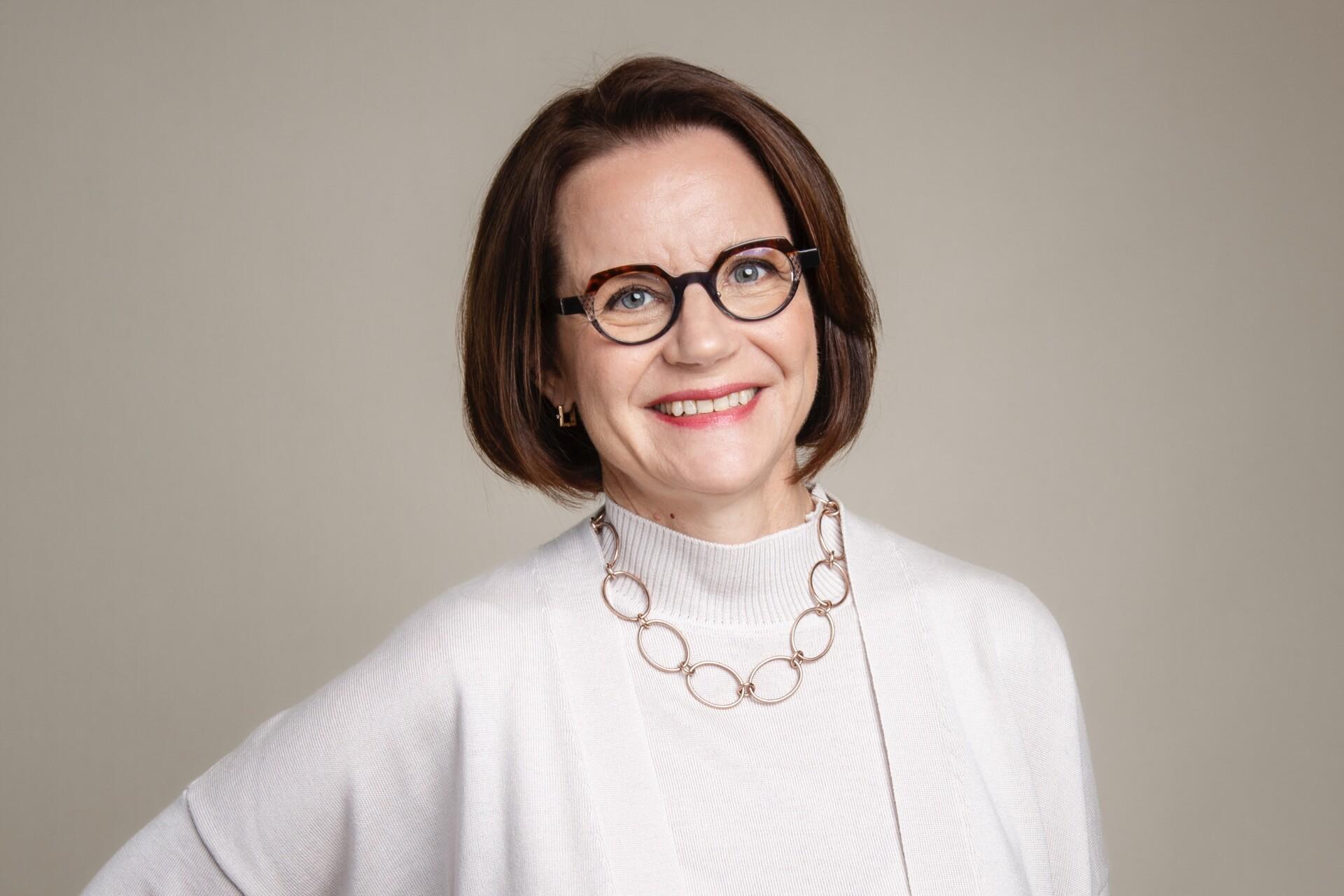
Riikka Joukio is Kesko‘s EVP in charge of corporate responsibility and public affairs, and she is also member Group Management Board. Kesko is one of Northern Europe’s leading companies in the trade sector, and for many years it has performed well in the world’s most significant sustainable development indices and assessments. Riika also has extensive experience in the global forest, paper and packaging industry, where she has worked in both business management and management positions in expert organizations. She has been an active member of several industry associations and boards, and has also taught at the university.
In her own life, Riikka promotes responsibility both in environmental solutions and in preserving cultural heritage.
Kirsi Niinimäki
“Sustainability transition requires wide-ranging cooperation and a creative attitude.”
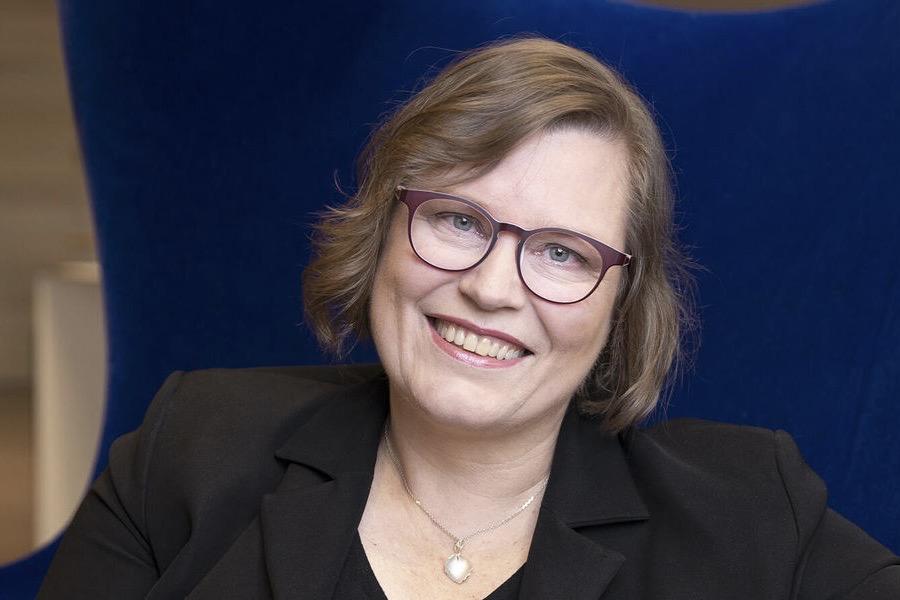
Kirsi Niinimäki is a leading scholar in the field of sustainable fashion. She is an Associate Professor in Aalto University, where she leads the Fashion/Textile FUTURES research group. In her research, Niinimäki strives towards a holistic understanding in the field of sustainable fashion and textiles. Circular economy, strategic design, design practices and multidisciplinary cooperation are at the center of his scientific work. In 2022, Niinimäki was awarded the state design award for her international and impressive research work.
Antti Ruuska
“Responsibility is today’s actions for a better tomorrow.”
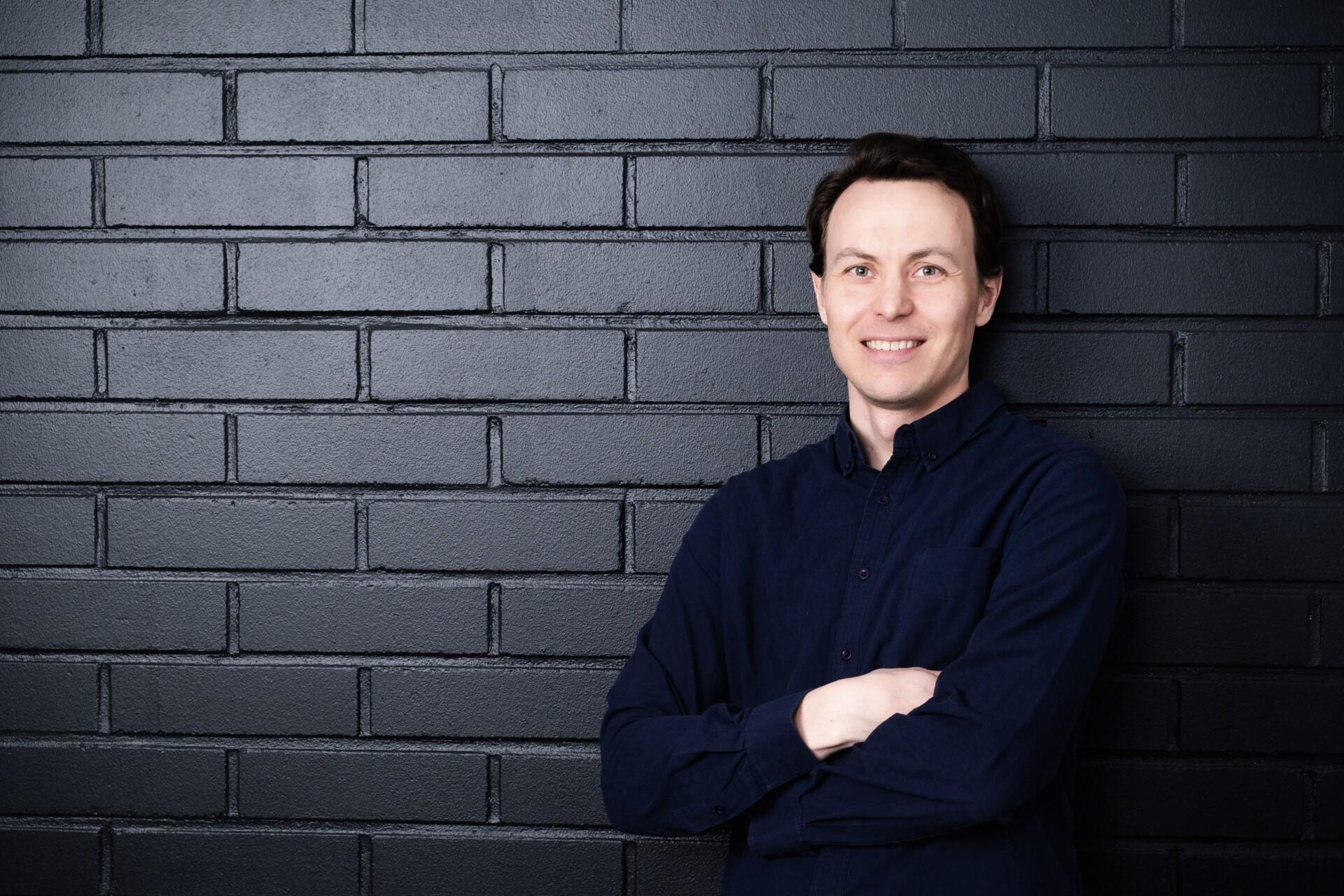
Antti Ruuska, Ph.D., is the CEO of Green Building Council Finland. In his work, he promotes the sustainability transition of the real estate and construction industry towards a successful real estate and construction industry within planetary boundaries the boundaries of the earth, together with FIGBC’s more than 320 member organizations. Antti has practical experience in managing the responsibility of the real estate and construction industry in the everyday life of the organization, in the value chain and in large construction projects. He also has a solid scientific background on the industry’s essential sustainability problems and an understanding of the technologies and operating models needed to solve them.
Hanna Neuvo
“Spatial planning needs a paradigm shift to be sustainable.”
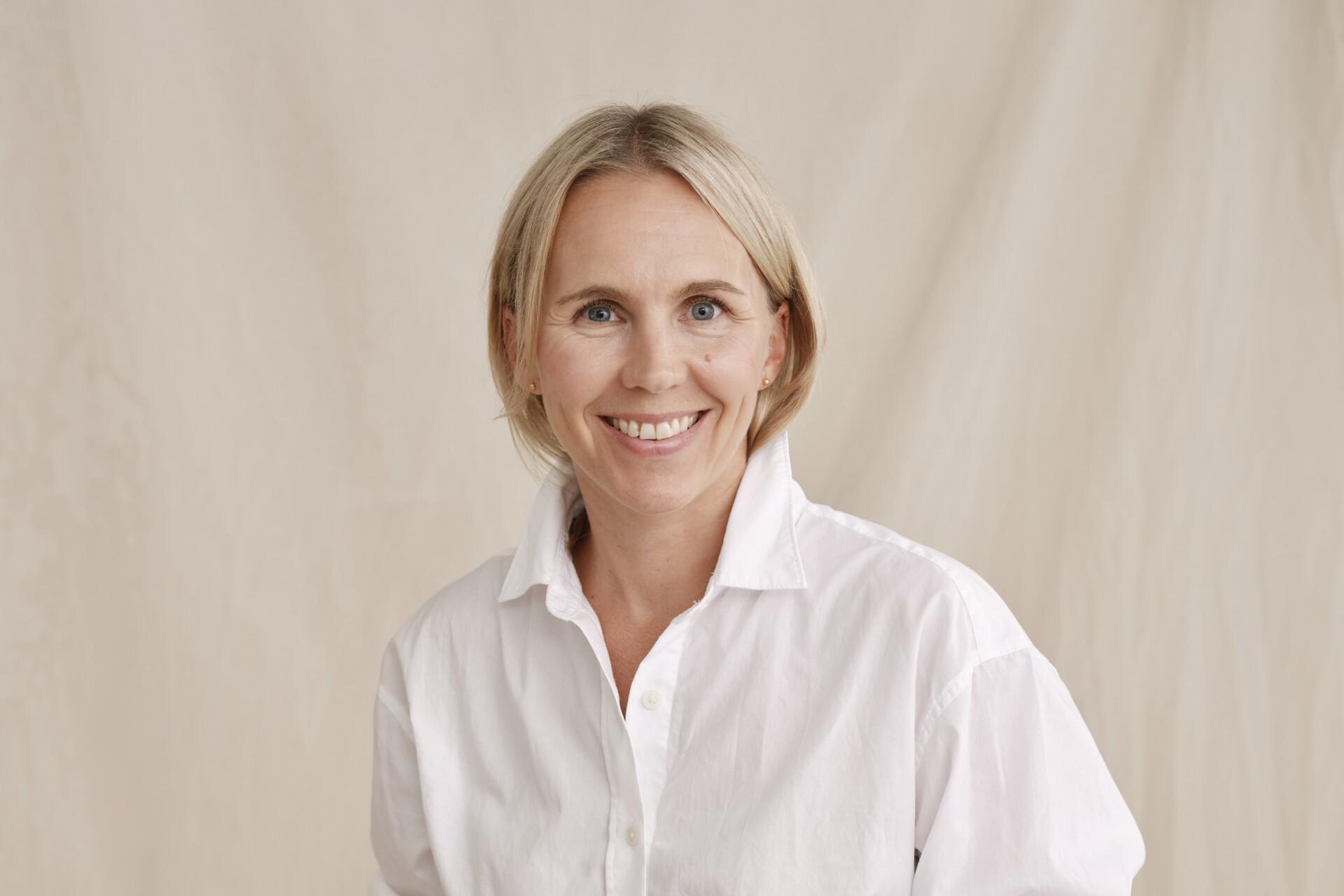
Hanna Neuvo is the CEO of Fyra, an internationally awarded design agency founded in 2010. As CEO of Fyra, Hanna is responsible for business development and company growth in line with the strategy.
Katja Soini
“Sustainable development requires innovation – design is a fitting tool”
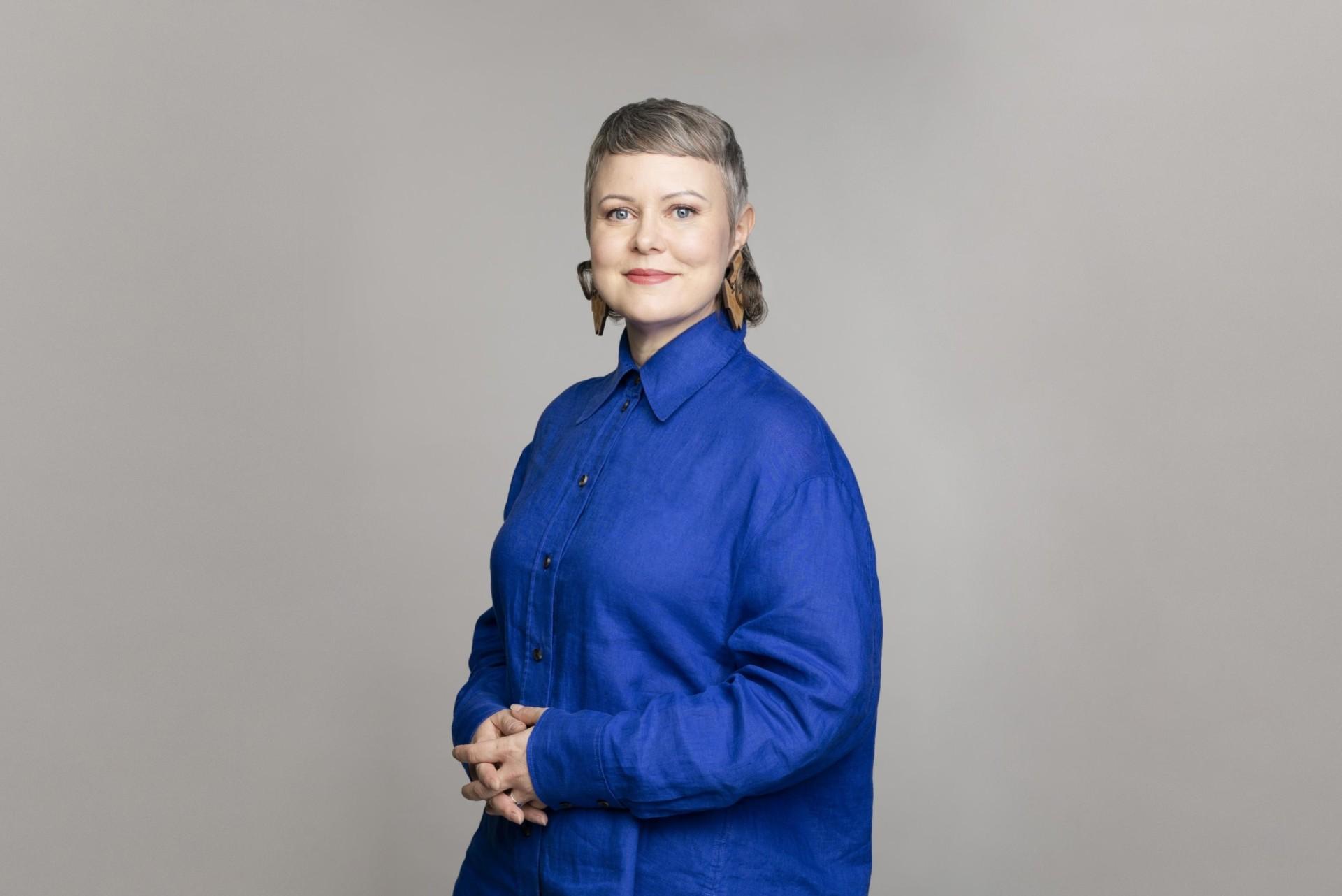
Katja Soini is the Strategy and Sustainability Director at AFRY, one of Europe’s leading design and consulting firms, where she spearheads sustainable business ventures in the built environment. With a focus on empathic and collaborative approaches, she drives systemic change. Katja has held several leadership roles in business development in both large-scale enterprises and boutique consulting firms, and she also has a decade of experience in research and teaching. She holds a Doctor of Arts in design. In 2023, Katja was awarded the Aalto University ARTS Alumna of the Year recognition for her pioneering work in promoting design and collaboration in the built environment. As the chairperson of Ornamo, Katja promotes design as a means to innovate for a sustainable future.
The basis of our responsibility work
Founded in 2011, Circle Economy is a global impact organisation of 60+ experts based in Amsterdam, the Netherlands. The Circularity Gap Report is an annual report on the state of circularity and its impacts at all levels: from global to national to cities and industries. It has measured the state of global circularity since 2018, presenting solutions in relation to planetary boundaries. Solutions are sought from the perspective of four different key systems: food, the built environment, manufactured goods and mobility in leading change.
The work of Advisory Board is based on key systems of the built environment and consumer products, which are essential and significant in terms of effectiveness from the perspective of the design industry.
Join our pioneering work for the sustainability transition in the design sector & get to know our work on Responsibility skills.
